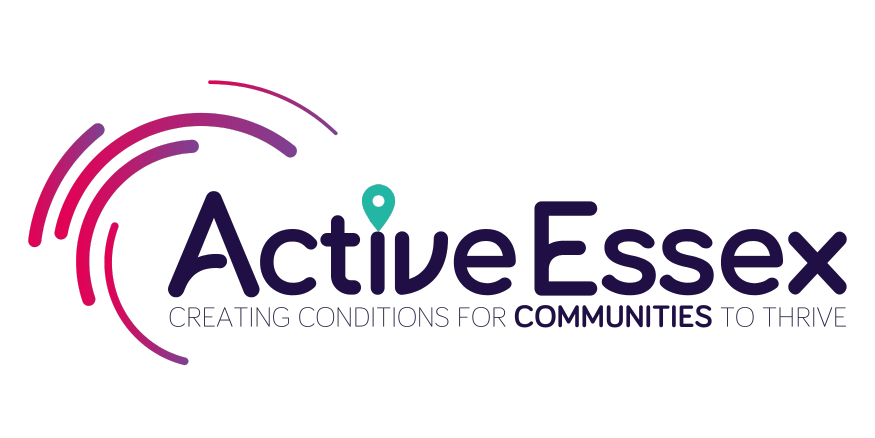Inclusive meetings: encouraging collaboration from all
Posted on: October 20, 2021
Remote working means that the way organisations and teams collaborate has changed.
We’ve created 7 guidelines that we hope will help people to collaborate effectively, respectfully and inclusively.
Here they are. You can download them in poster format here.
7 guidelines for inclusive meetings
- Give everyone the opportunity to contribute
- Ask people if they want to contribute.
- Allow people to contribute anonymously or in smaller groups.
- Check if people can access the tools you’re using, explain how to use them and offer an alternative if necessary.
- Use visible timers and allow thinking time.
- Use captions and transcripts where possible.
- Consider how people could contribute outside of the meeting, in their own time.
- Set clear expectations, early
- Send out an agenda in advance.
- Clearly state the purpose of the meeting and the outcome you want to achieve.
- Give a running order, include approximate times.
- Give context: do not assume any prior knowledge
- Reiterate any information that someone would need to know to be able to contribute.
- Give regular recaps. Consider taking notes as you go so you can easily refer back.
- Be mindful of late joiners and the context they might lack.
- Use clear language
- Do not use acronyms without explaining what they mean.
- Use plain English.
- Be mindful of people who are new to Co-op, or a team. If you use jargon, explain what you mean.
- Respect people’s time
- Book only the amount of time you need with people, and allow people to leave if they’ve contributed all they need to.
- Plan your meeting to allow people breaks between meetings, for example 5 or 15 minutes past the hour.
- If the meeting is long, schedule in regular breaks.
- Value all contributions equally
- Give everyone a chance to speak, do not allow one voice to dominate.
- If you’re referencing what’s been inputted, reference contributions from a range of people.
- Consider your audience. Be prepared to adapt your approach or process to encourage contribution from more people.
- Encourage clarity, curiosity, and challenges
- Explain how people can ask questions.
- Encourage people to get clarity on things they do not understand.
- Allow people to ask questions anonymously, for example by adding post-its to a collaboration board.
Why we created inclusive meeting guidelines
With a lot of collaboration now online, it can be harder for people to contribute effectively. This can mean some voices are not heard.
We want everyone to be able to contribute in a way they feel comfortable. This means being thoughtful about people who, for example:
- have a disability or condition
- are new to a team
- cannot attend a meeting at a specific time
- cannot access certain tools or systems
- need thinking time
- are introverted
- are extroverted
We hope these guidelines will encourage more inclusive discussions and more perspectives to be heard.
As a result of more inclusive collaboration we believe Co-op will:
- become aware of problems earlier
- save money, as problems can be fixed earlier
- create more inclusive products and services
- open up our products and services to more people
How we created these guidelines
Our hypothesis is that remote working has made some of the ways we collaborate exclusive. We wanted to see if this was an issue for others and if so, how they’d overcome it.
Using a survey, we asked people:
- what they believed could prevent people from engaging with and inputting into a meeting
- for practical tools and techniques that can help people to engage and input in to a meeting
We gathered loads of valuable advice, ideas and knowledge from people in Co-op and from other organisations. After synthesising the responses, we ended up with broad themes that helped us form the guidelines.
Using what we’d learnt to structure the guidelines
From the analysis it was clear that people were time-poor and often meeting-fatigued. They wanted to get the most out of collaborative sessions as efficiently as possible.
So, we reflected this in our guidelines.
We focused on the actions – the tools, techniques and ideas – that could be immediately useful for facilitators and attendees at the start of a meeting.
The guidelines are not overly prescriptive, to allow them to be adapted for different contexts and scenarios. And we hope they’ll be shared in a whichever way works well for the facilitator – maybe added to the start of a Miro board, a Word document or a meeting invitation.
We’re looking forward to learning if and how they’re useful, and if they encourage more mindful and inclusive meetings.
What’s next
These inclusive meeting guidelines are a first draft. We will continue to:
- get feedback and make them better
- understand if and how they’re being used
- understand if they’re helping us have better discussions
- share updates and get involved in wider inclusion discussions
- see how they can complement other work that’s happening in Co-op and beyond



Leave a Reply
You must be logged in to post a comment.